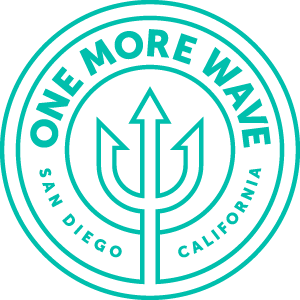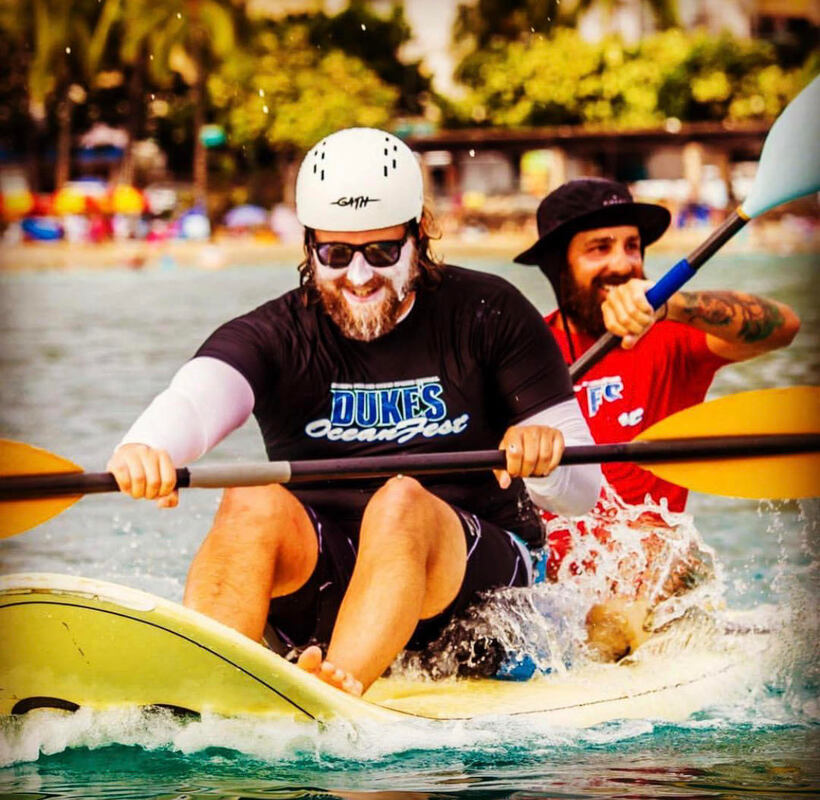Joe has a passion for the water and enjoyed water polo, surfing, and swimming during his childhood growing up in Modesto, a city located in the Central Valley of California. When he became old enough to enlist in the military the Marines initially turned him down. “The Marines said I was too stupid to join their branch,” Joe laughed. “It’s a fun tidbit especially where I ended up in my military service.”
He enlisted in the Navy in 2004 as a Hospital Corpsman. “We joke ‘Medics’ are an Army job because they are very specific specialties, but as corpsman, we cover ten different jobs.”
Joe served with 1st Marine Division, 5th Marines, as an FMF Corpsman on a combat deployment to Fallujah, Iraq (2006-2007).

“We did 350 9-line missions and we were pretty busy during that time,” he remembered. “We would respond 24/7 day or night and that definitely kept things interesting and spicy.”
When Joe returned from Iraq, he started to struggle to remember things and struggled with his mental health. Joe estimates he was the third patient ever to attend the surf therapy clinic at Naval Medical Center San Diego (NMCSD), which he began in 2008.
“It was a cumulative effect, I was exposed to nine blasts that happened within 50 meters that I felt,” Joe spoke about his understanding of his injuries. “I was in vehicles that were lifted off the ground. Other times I would be standing within the vehicle and you definitely knew something went off right in front of you.”
After he medically retired in 2009, he became a mentor for other veterans going through the surf clinic program by teaching others how to surf.
Joe can do it all too, from bodysurfing and handplanes to riding surf mats and gliders. Surf mats are inflatable and Joe uses a pair of fins to propel himself while riding the mats on his stomach to catch a wave.
“I said in a radio program years ago (2008-2009) that surfing was the only time I felt normal,” Joe reflected about his experience on KPBS. “And I’ve learned that normal isn’t really the right word for what I was feeling. The better way to describe it is, surfing’s one of the few times I feel mindful."

One More Wave has assisted Joe with body surfing equipment and wet suits that enable him to engage in the water. “One More Wave gave me a custom standup surfboard, an 8’0” fish and it’s a lot of fun to ride,” he said. “I think I’ve got four handplanes and three pairs of fins throughout the years.”
Fins and handplanes are easy to lose in the surf so having them available is always a priority.
Joe’s customized surfboard has a basic design that ultimately gets the job done when he hits the surf. “My surfboard has blue acid wash bottom and it reminds me of when you’re underwater looking up at the sunlight and what it looks like in the swirls and different blues you get with that.”
Joe is an active member of various surf nonprofits and values the camaraderie the that One More Wave provides.
Story by Matt Fratus

